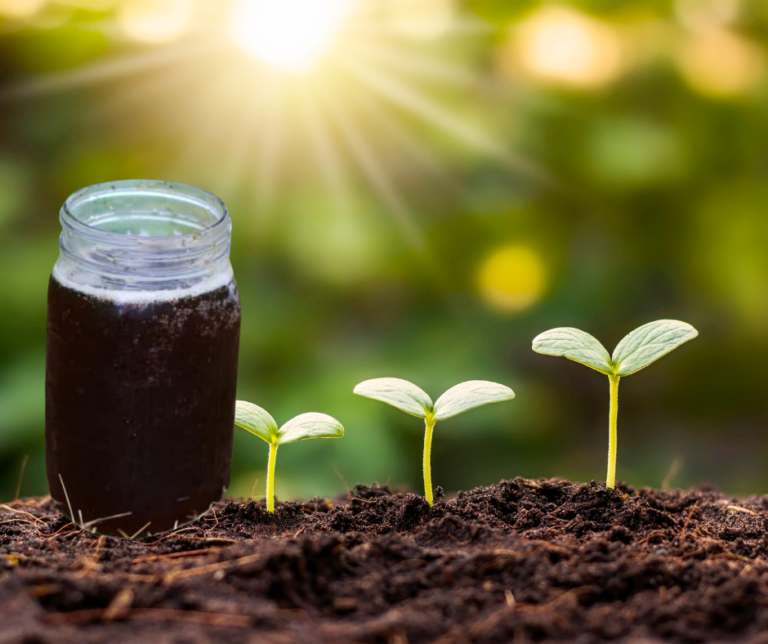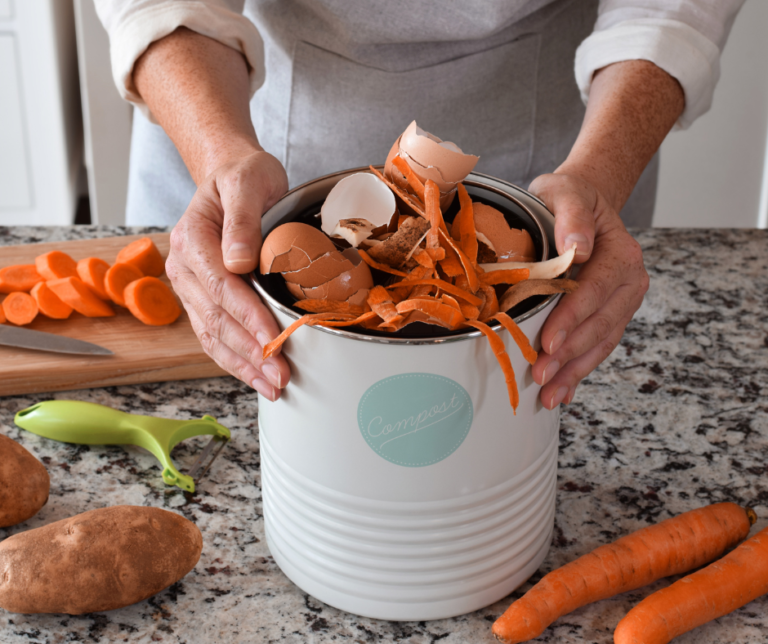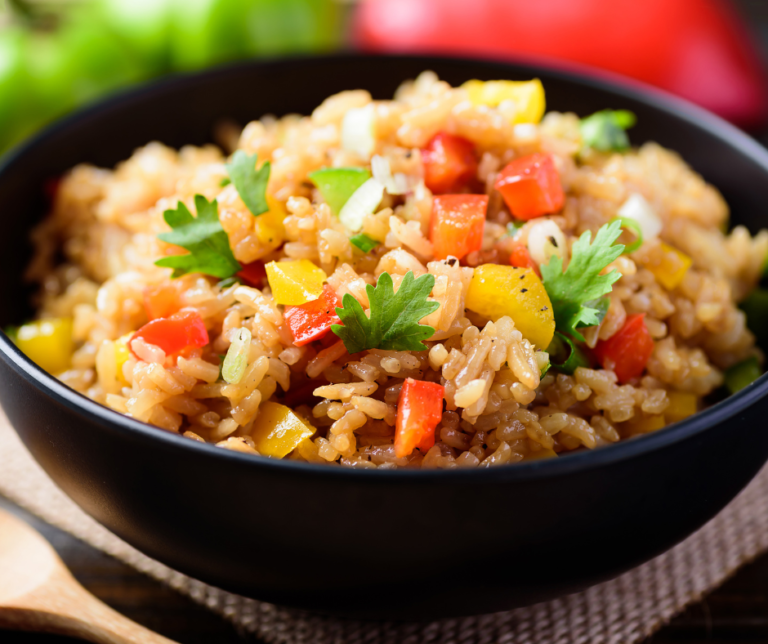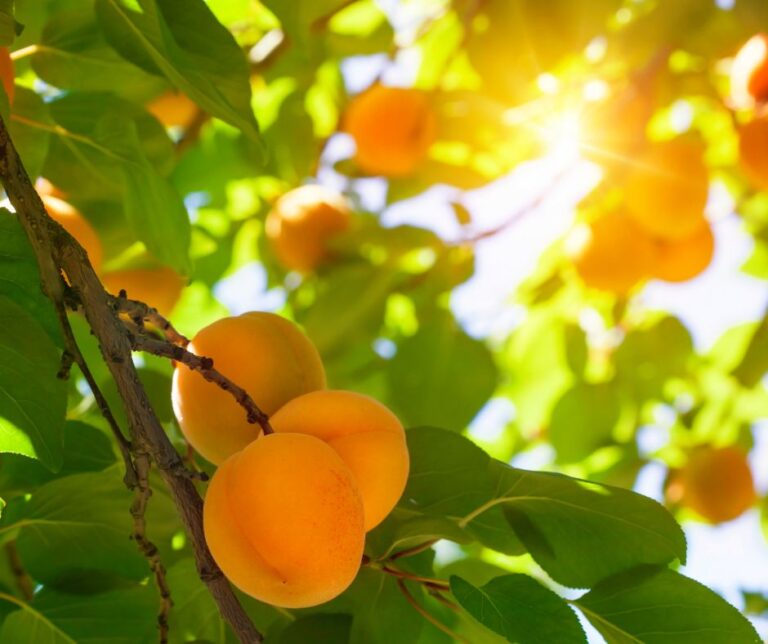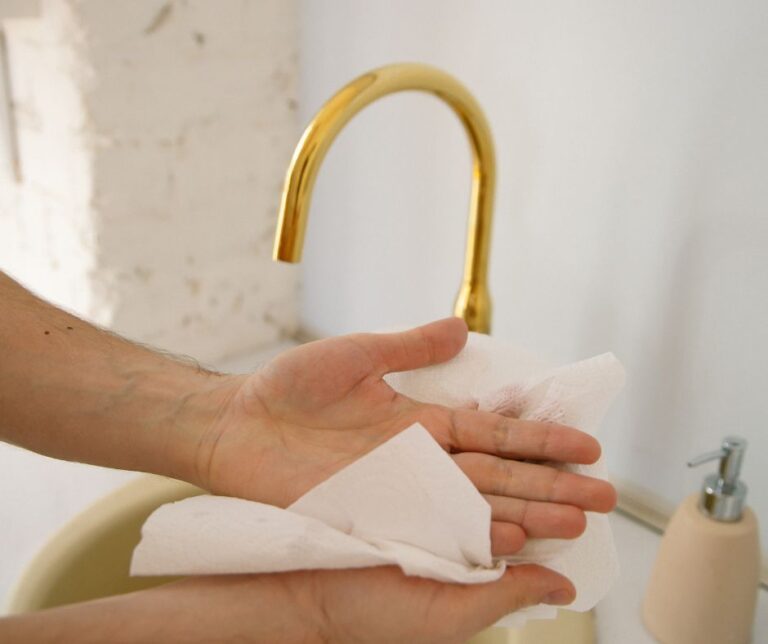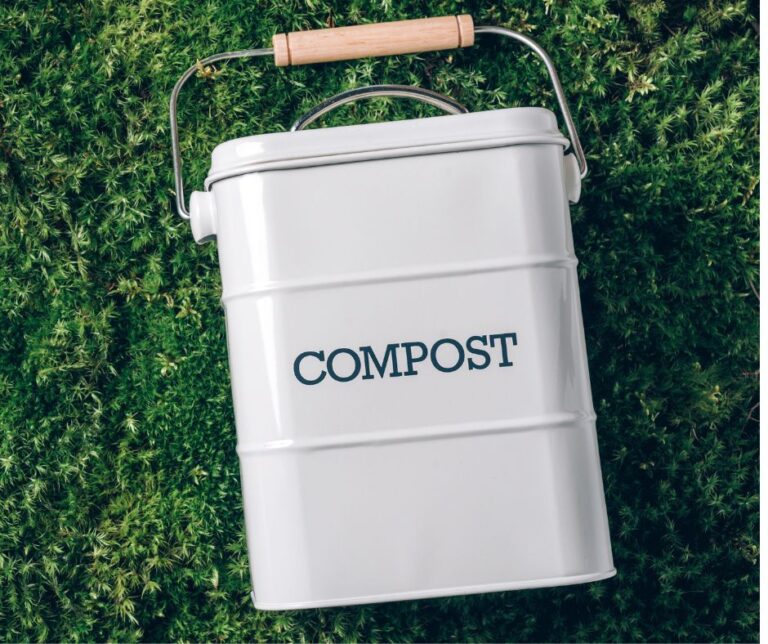Are Egg Cartons Compostable? Here’s what you NEED to know
Today, we’re going to tackle a question that might have crossed your mind at some point: are egg cartons compostable? If you’re someone who’s into composting or just trying to be more environmentally friendly, this is a topic worth exploring. In this article, we’ll dive into the wonderful world of composting and discuss whether egg cartons are compostable or not. So let’s crack open this question and find out if your egg cartons have a second life waiting for them in the compost bin!
Understanding Compostability

Definition of Compostability
Compostability refers to the ability of certain materials to undergo a natural decomposition process, known as composting, and transform into nutrient-rich organic matter called compost. Composting involves the breakdown of organic waste by microorganisms, such as bacteria and fungi, in the presence of oxygen. Compostable materials are those that can biodegrade completely and contribute to the formation of healthy soil without leaving any toxic residue behind.
Importance of Compostability
Compostability plays a crucial role in waste management and environmental sustainability. By composting biodegradable materials, we can divert significant amounts of waste from landfills and reduce the production of harmful greenhouse gases. Additionally, the resulting compost can be used as a natural fertilizer, enriching the soil and promoting plant growth. Compostability provides a sustainable solution to not only manage organic waste effectively but also improve soil health and reduce the need for synthetic fertilizers.
Factors impacting Compostability of materials
Several factors influence the compostability of materials. It is vital to consider these factors when selecting items for composting:
Before exploring the distinctive attributes of egg cartons, it’s essential to understand the basics of composting. Familiarize yourself with the fundamentals by delving into topics such as maintaining a balance between carbon-rich “browns” and nitrogen-rich “greens,” the stages of composting, various composting techniques, and the key components of compost maintenance.
For an in-depth guide on successful home composting, refer to our dedicated article, “Mastering Compost: A Comprehensive Beginner’s Guide.”
Analyzing Egg Cartons as Composting Material

Egg cartons are a commonly used item that raises questions about their compostability. Let’s take a closer look at the materials used in egg carton production, the different types of cartons available, and their environmental impact.
Materials Used in Egg Carton Production
Egg cartons can be made from various materials, including paper, Styrofoam, or plastic. Paper cartons are the most common, and are often made from recycled paper pulp. Styrofoam egg cartons are made from expanded polystyrene foam, while plastic egg cartons are typically made from Polyethylene Terephthalate Plastic (PET) or polypropylene.
Types of Egg Cartons
Egg cartons come in different types, sizes and configurations. Various types of egg cartons are available, with the main ones produced by egg carton manufacturers being:
- Paperboard or paper pulp
- Styrofoam or foam (polystyrene foam)
- Plastic or polypropylene (Polyethylene Terephthalate Plastic (PET))
The most common sizes and configuration are 6- and 12-egg cartons, although there are also specialty cartons available for larger or smaller quantities of eggs. Some cartons have individual compartments for each egg, while others have connected compartments.
Compostability of Different Egg Cartons
Now that we have a better understanding of egg cartons, let’s explore the compostability of each type.

Paper Egg Cartons
Paper pulp cartons possess properties that make them suitable for composting. They are made from recycled paper and have already undergone a manufacturing process that breaks down the fibers, making them easier and faster to decompose. These cartons are biodegradable, carbon-rich, and contribute to the compost’s structure and moisture retention. However, it is important to remove any stickers or labels from the cartons before composting, as these may contain non-compostable packaging materials.
Styrofoam Egg Cartons
Styrofoam or foam cartons are not compostable. It takes hundreds of years to decompose Styrofoam. Furthermore, Styrofoam can release harmful chemicals into the environment. It is best to recycle Styrofoam cartons if possible, or dispose of them in the regular waste bin.
Plastic Egg Cartons
Plastic cartons are also not compostable. Most plastics do not break down in a compost pile and can contaminate the compost with harmful chemicals. Plastic egg containers should be recycled or disposed of in the regular waste bin.
Applicability of Paper Egg Cartons in Composting
Paper egg cartons can be a valuable addition to your composting efforts. They provide an excellent source of carbon and help balance the carbon-to-nitrogen ratio in the compost pile. Additionally, using egg cartons in composting puts them to good use while diverting them from the waste stream. By composting these cartons, you contribute to reducing landfill waste and promoting sustainable waste management practices.
Important Tips for Composting Paper Egg Cartons

For those who have paper egg cartons and want to compost them, here’s a guide on how to do it effectively.
Preparation for composting
Before adding the cartons to the compost pile, it is important to prepare them properly.
- Tear or cut the cartons into smaller pieces to facilitate a quicker breakdown.
- Soak the torn egg carton pieces in water for a brief period to speed up decomposition.
This preparation allows microorganisms to access the cartons more easily, enhancing the composting efficiency.
Incorporation of Egg Cartons into the compost pile
Incorporating egg cartons into your own compost heap or pile is a straightforward process.
- Start by mixing the torn or soaked pieces with other compostable materials like kitchen waste or yard clippings in your compost pile or bin.
- Layer the egg carton pieces throughout the compost pile to ensure even distribution.
Ensure the right balance of greens and brown materials are in the compost to maintain a balanced carbon-to-nitrogen ratio, which is a crucial step in the process.
Maintenance of the Compost Pile
As the composting process progresses, the egg carton pieces will degrade and become part of the overall compost mix. However, regular monitoring and maintenance are key to keeping your compost pile healthy.
- Monitor the compost pile’s temperature to ensure optimal conditions for decomposition.
- Check the moisture levels in the compost pile and adjust as necessary to prevent excessive dryness or saturation.
- Regularly turn the compost pile or use a compost tumbler to provide sufficient aeration. This helps prevent anaerobic conditions and allows for more efficient decomposition.
If the compost develops an unpleasant odor, it may indicate a need for aeration or adjustments in the carbon-to-nitrogen ratio.
Time Frame for Paper Egg Carton Composting
Paper egg cartons undergo decomposition relatively quickly compared to some other materials. However, the time required for paper cartons to fully decompose varies depending on several factors, including the size of the carton pieces, temperature, and moisture levels.
In general, paper cartons can take anywhere from a few weeks to several months to break down completely. Regular monitoring and turning the compost pile can help accelerate the decomposition process.
Incorporating Egg Carton Compost into Gardening Practices
Once your egg carton compost has fully decomposed, you can incorporate it into your gardening practices. Use the compost as a nutrient-rich top dressing for flower beds, vegetable gardens, or in potting soil of container plants. It can also be mixed with existing garden soil, to improve its structure, water retention, and nutrient content. The compost created from egg cartons will provide valuable organic matter, enhance soil fertility, and promote the overall health of your plants.
Limitations of Composting Egg Cartons

While composting paper cartons can be beneficial, there are some limitations and factors to consider.
Inks and Dyes Used on Egg Cartons
The ink used on paper pulp egg cartons are mostly soy-based or vegetable-based, making it safe for composting. These inks are non-toxic and break down along with the carton during the composting process.
However, some egg cartons may have printed labels, toxic inks, or dyes that contain chemical trace elements that are not compostable. It is important to remove any non-compostable elements before adding the cartons to the recycling bin or the compost pile.
Furthermore, it is also important to avoid composting cartons with gloss or wax coatings, which may contain chemicals that are not suitable for composting.
Residues from Eggs
Egg cartons may contain residue from cracked or broken eggs. These residues can attract pests, create odors, and potentially spread pathogens. It is essential to empty egg residue and clean the cartons thoroughly before composting to minimize these risks.
Resistance to Decomposing
While paper egg cartons can break down in a compost bin or pile, they may take longer to decompose compared to other organic materials. Their thickness and compact structure can contribute to slower decomposition rates. However, by tearing or cutting them into smaller pieces and providing optimal composting conditions, you can help speed up the process.
Environmental Impact of Egg Carton Composting

Egg Carton waste and landfills
Egg cartons, if not properly disposed of, can contribute to landfill waste. Foam and plastic cartons, in particular, are non-biodegradable and can persist in landfills for hundreds of years. By composting paper pulp egg cartons, we can divert them from landfills and minimize their environmental impact.
Benefits of Egg Carton composting to the environment
Composting cartons offers significant environmental benefits. By composting them, we reduce the amount of waste sent to landfills, thus conserving valuable landfill space.
Composted cartons contribute to the production of nutrient-rich compost, reducing the need for chemical fertilizers. Furthermore, composting helps mitigate greenhouse gas emissions that occur in landfill environments.
By choosing to compost compostable cartons ourselves, we contribute to a more sustainable and environmentally friendly waste management system.
Long-term sustainability of Egg Carton composting
Composting paper cartons is a sustainable practice that helps close the loop in the food waste management cycle. By diverting these cartons from the waste stream and composting them, we create a valuable resource that can enrich the soil and support plant growth. This reduces reliance on synthetic fertilizers and promotes the long-term sustainability of agricultural and gardening practices. Furthermore, by embracing composting as a whole, we foster a mindset of environmental consciousness and responsible food waste management.

Alternatives to Egg Carton Composting
If composting egg cartons poses challenges or limitations for you, here are some alternative uses for them:
Recycling Egg Cartons
Many recycling programs accept paper egg cartons for recycling. Check with your local recycling facility to ensure they accept and recycle these cartons. Recycling them helps conserve resources and reduce the need for new paper production.
Craft Uses for Egg Cartons
Egg cartons can be repurposed for various crafts. They can be transformed into flower pots, paint palettes, or storage containers for small items. Get creative and explore different craft ideas to give your egg cartons a new life.
Garden Uses for Egg Cartons
You can also use egg cartons as seed starters or as containers for growing small plants. The individual compartments provide a convenient way to start seeds indoors, and the cartons can be planted directly into the soil, minimizing transplant shock.
Final Thoughts: Are Egg Cartons Compostable?
In summary, paper egg cartons are compostable, while foam or Styrofoam and plastic cartons are not. Composting paper egg cartons offers an eco-friendly way to reduce waste and create nutrient-rich compost for your garden. However, it is important to remove any non-compostable elements, clean the cartons thoroughly, and provide optimal composting conditions to ensure safe and effective composting. Alternatively, you can explore recycling or repurposing options for egg cartons if composting is not suitable for your needs. By promoting sustainable practices, reducing waste, and making informed choices, you can contribute to a greener and healthier environment.
Frequently Asked Questions







